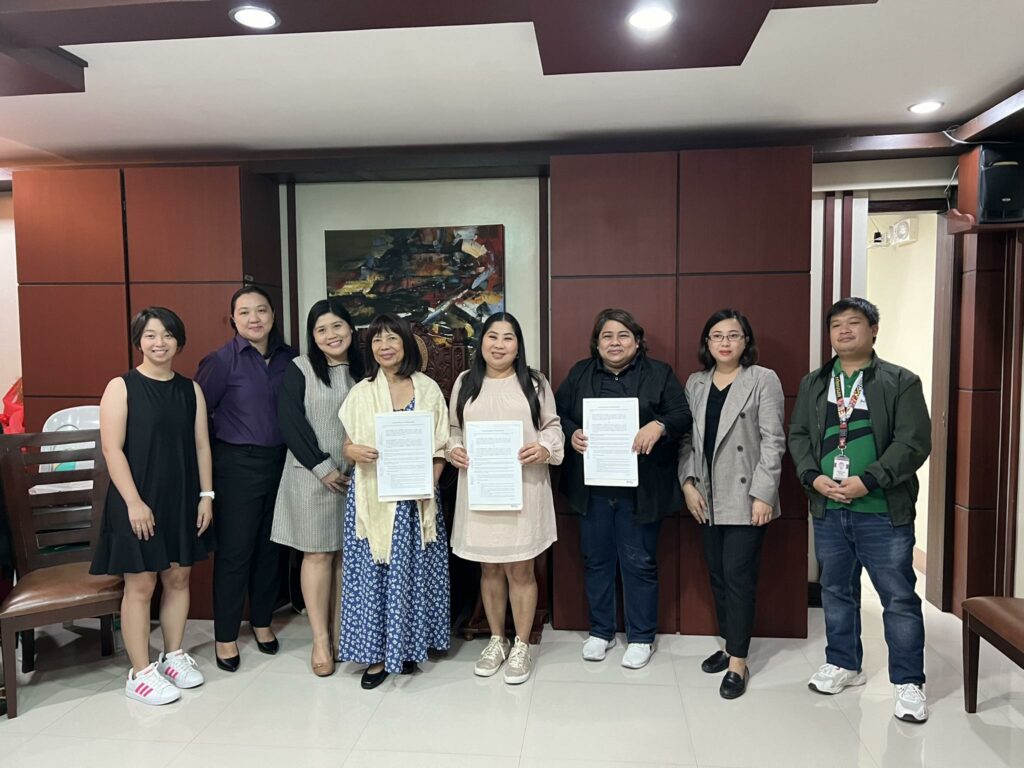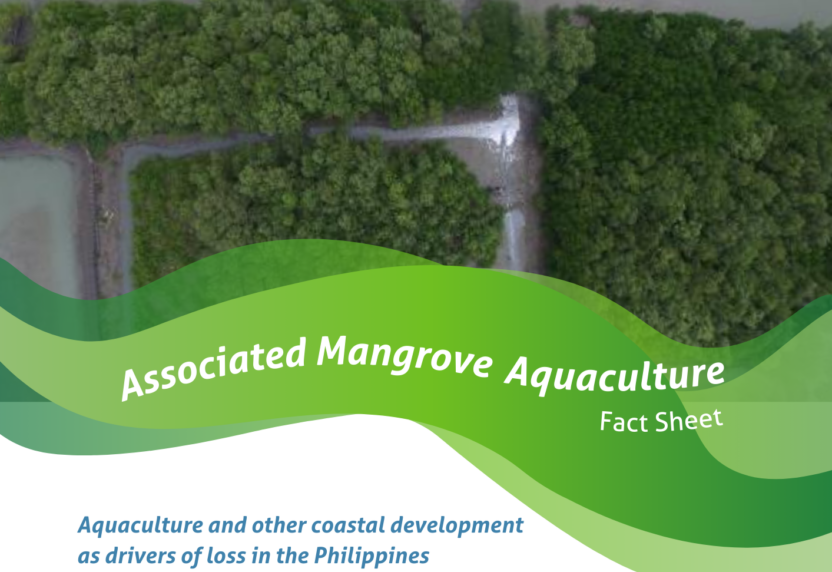
Wetlands International Philippines and Bataan Peninsula State University to pilot AMA in the province

An approach that balances aquaculture with mangrove restoration will now be piloted in Bataan Province.
On June 14, 2024, Wetlands International Philippines and the Bataan Peninsula State University (BPSU) signed a memorandum of understanding (MOU) for the establishment of a pilot site of the associated mangrove aquaculture (AMA) in the Province of Bataan.
The approach is a Nature-based Solution that seeks to resolve conflicting interests over abandoned, underdeveloped, and unutilized fishponds in the country. It establishes a greenbelt of mangroves along the shorelines of waterways in estuaries adjacent to aquaculture ponds.
In AMA, mangroves are located outside the pond. This differs from silvo-aquaculture where mangroves are planted on dikes and inside the pond. In AMA, pond operators do not have to worry about mangroves hampering pond maintenance or fallen leaves blocking the pond’s gates.
With food insecurity looming over the horizon as climate change aggravates socio-economic issues, AMA seeks to upscale aquaculture production by restoring mangrove forests.
Being the home, nursing, and feeding grounds of fish, crabs, shrimp, and other shellfish, mangroves will help increase the production of aquaculture goods. Moreover, the mangroves outside the pond protect pond dikes from wave impact, erosion, and soil subsidence. They also filter toxic materials and provide additional products such as firewood, timber, fertilizer, and food.
By piloting the approach in Bataan, Wetlands International Philippines hopes that the AMA site will serve as an inspiration for fish farmers and a catalyst for policy in the north coast of Manila Bay.

